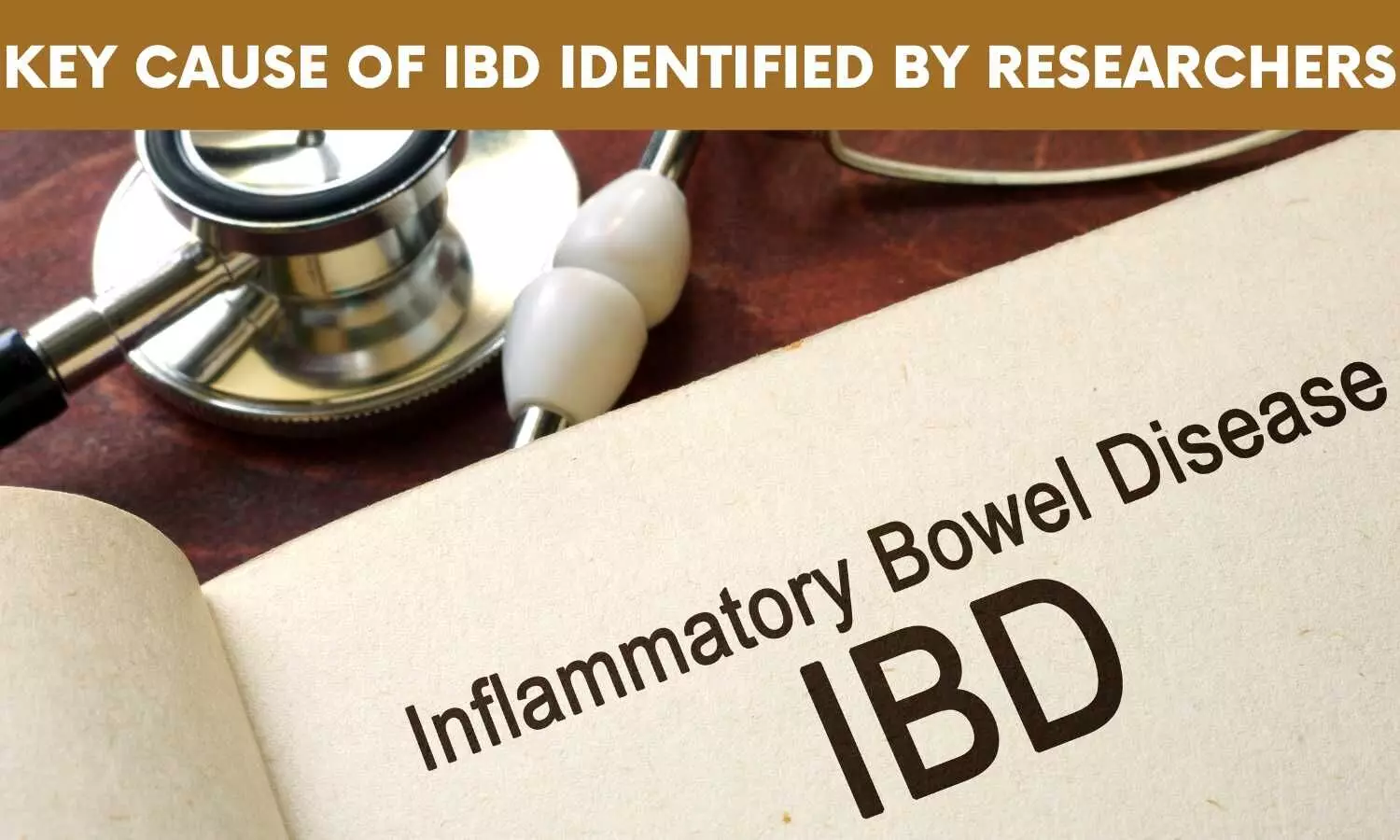Key Cause of Inflammatory Bowel Disease Identified by Researchers

Researchers at the Francis Crick Institute, along with colleagues from UCL and Imperial College London, have made a significant breakthrough in understanding inflammatory bowel disease (IBD), which includes Crohn’s disease and ulcerative colitis. Their findings, published in the journal Nature, reveal a new biochemical pathway that could be key in treating IBD and related autoimmune disorders.
IBD affects roughly 5% of the global population, with the prevalence in the UK reaching one in ten people. The number of individuals living with IBD in the UK has soared to around half a million by 2022, significantly higher than the previously estimated 300,000. Despite the growing number of cases, existing treatments remain ineffective for many patients, largely due to a limited grasp of the disease's origins.
The research team focused on a section of non-protein-coding DNA, known as a "gene desert," which has been linked to IBD and other autoimmune diseases. Within this region, they identified an 'enhancer'—a segment of DNA that amplifies the production of proteins from adjacent genes. Specifically, the enhancer they discovered boosts the activity of a gene called ETS2 in macrophages, immune cells crucial in the development of IBD. They found that higher ETS2 levels are associated with a greater risk of the disease.
By editing the genes of these cells, the researchers demonstrated that ETS2 is vital for the inflammatory actions of macrophages, including those that cause tissue damage in IBD patients. In fact, increasing ETS2 levels in inactive macrophages was enough to turn them into cells that mimic those in IBD patients.
Furthermore, the study revealed that many genes previously associated with IBD are involved in the ETS2 pathway, reinforcing its significance in the disease process. Although no specific drugs currently target ETS2 directly, the researchers identified MEK inhibitors—drugs used for other conditions—as potential indirect suppressors of ETS2’s inflammatory effects. This discovery opens the door to repurposing existing medications to treat IBD, offering hope for more effective interventions.


